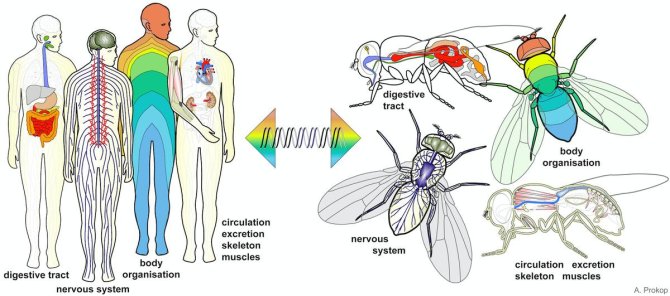
Project
Role of polyphenols in preventing atrial fibrillation
This project aims to explore the potential role of natural food bioactive polyphenols as novel therapeutic options for AF and further identify the underlying molecular mechanisms.
Background
Atrial fibrillation (AF) is the most common progressive arrhythmia. Various studies have implicated that oxidative stress and gut dysbiosis are key players in AF pathogenesis, which may be an attractive therapeutic approach for AF. Notably, several natural bioactive polyphenolic compounds from food have been found to inhibit oxidative stress as well as benefit gut microbiota which might be the underlying cause for AF. However, whether these natural food bioactive compounds are effective in curing or preventing AF have never been examined before.
Description
This project will employ tachypacing induced AF models including drosophila and mouse to screen natural bioactive polyphenols targeting oxidative stress or gut dysbiosis to prevent arrhythmogenesis.
